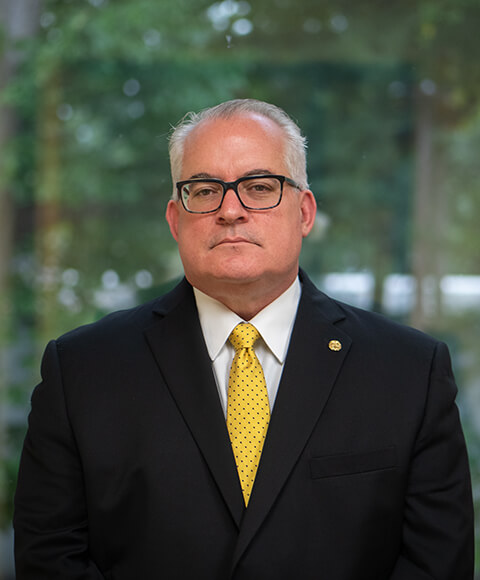Many furloughed federal workers took dramatic steps to stay financially afloat during the recent government shutdown.
Some took on second jobs; others took out loans through their federal credit unions; many visited food banks and pantries. Several hundred even set up fundraising websites through GoFundMe.
But federal government officials now say some of these actions — while understandable — may violate federal ethics rules, according to a new legal advisory published by the Office of Government Ethics.
Fed Workers Should Avoid “GoFundMe” Fundraising
The ethics office warns employees that crowdsourcing platforms should “generally” be avoided because of potential ethics violations.
Dan Meyer, a federal employment attorney with the D.C. law firm Tully Rinckey PLLC, says that federal workers are prohibited from using their status in the government to accept any gifts or money.
In other words, any fundraising pitch that highlighted someone’s furloughed status could violate ethics rules.
“[The Office of Government Ethics] came down and said if you are accepting money because of the furlough — because of your federal employment — you can’t do that,” said Meyer.
Identifying ‘Prohibited Sources’ Isn’t Easy
Meyer says the other problem with crowdfunding sites is the ban on accepting gifts or money from so-called prohibited sources, such as people seeking to score contracts with the government.
That means every donation would have to be carefully vetted, a nearly impossible task with sites like GoFundMe, according to Meyer.
“How do you determine whether anybody donating to you is a prohibited source — given that you’re not going to know who they are until after they’ve done the donation,” says Meyer. “And then you’re gonna have to send that through approval to your agency ethics officer who probably is furloughed as well and out panhandling on the street.”
The ethics office advisory says an employee could accept gifts or money from friends or family — as long as the donations are based on that relationship.
But the legal advisory doesn’t address what employees should do if they accepted money through a crowdsourced fundraising website during the shutdown.
Meyer says it would be advisable for these workers to check with their agency’s ethics officer.
“They need to be prepared to return gifts if they were inappropriate,” says Meyer.
What About Food Banks?
During the shutdown, dozens of food banks and pop-up kitchens were set up across the D.C. region to help feed federal workers.
While in most cases it was permissible to accept free meals, according to the ethics office, there are certain situations in which federal workers need to avoid potential ethics issues.
For example, if a food bank offered free meals only to furloughed federal workers — and not all federal workers — that could violate ethics rules if the organization is considered a prohibited source.
The ethics office also weighed in on the zero-interest loans that were offered by some federal credit unions to help their members survive the shutdown.
The legal advisory says a furloughed worker should be careful accepting about a financial loan if the organization doesn’t make the same loan available to all federal workers or to the general public.
“When you start doing these special deals, you get back into [the question of whether] preference is being granted to this person because [he or she] is a federal employee,” says Meyer.
Again, Meyer says the problem is that it was impossible for furloughed workers to get advice or approval during the shutdown because nearly all the ethics officers were also on furlough.
But, he says, this new legal advisory — even after the fact — will be helpful for federal workers in case of another government shutdown.





